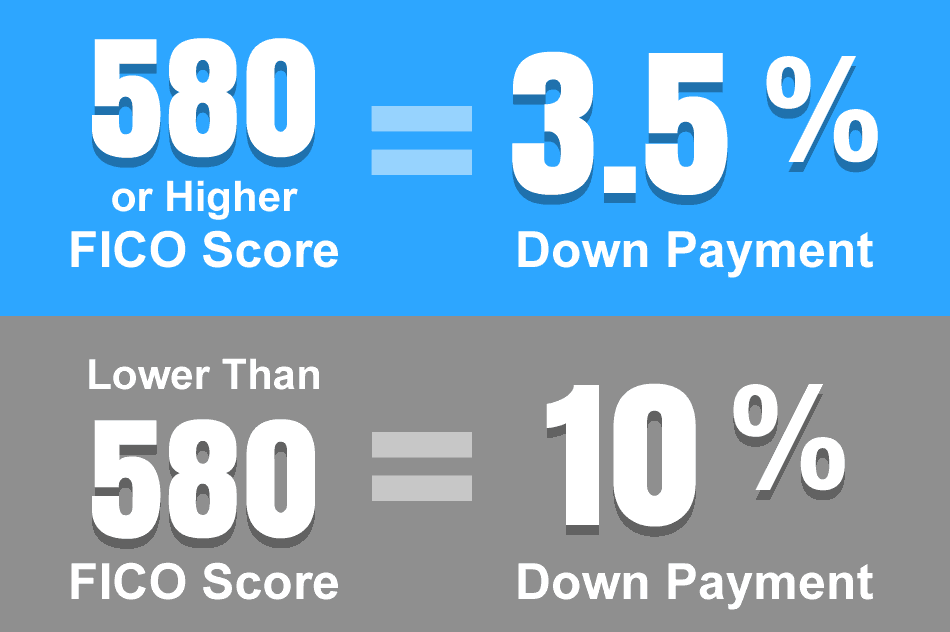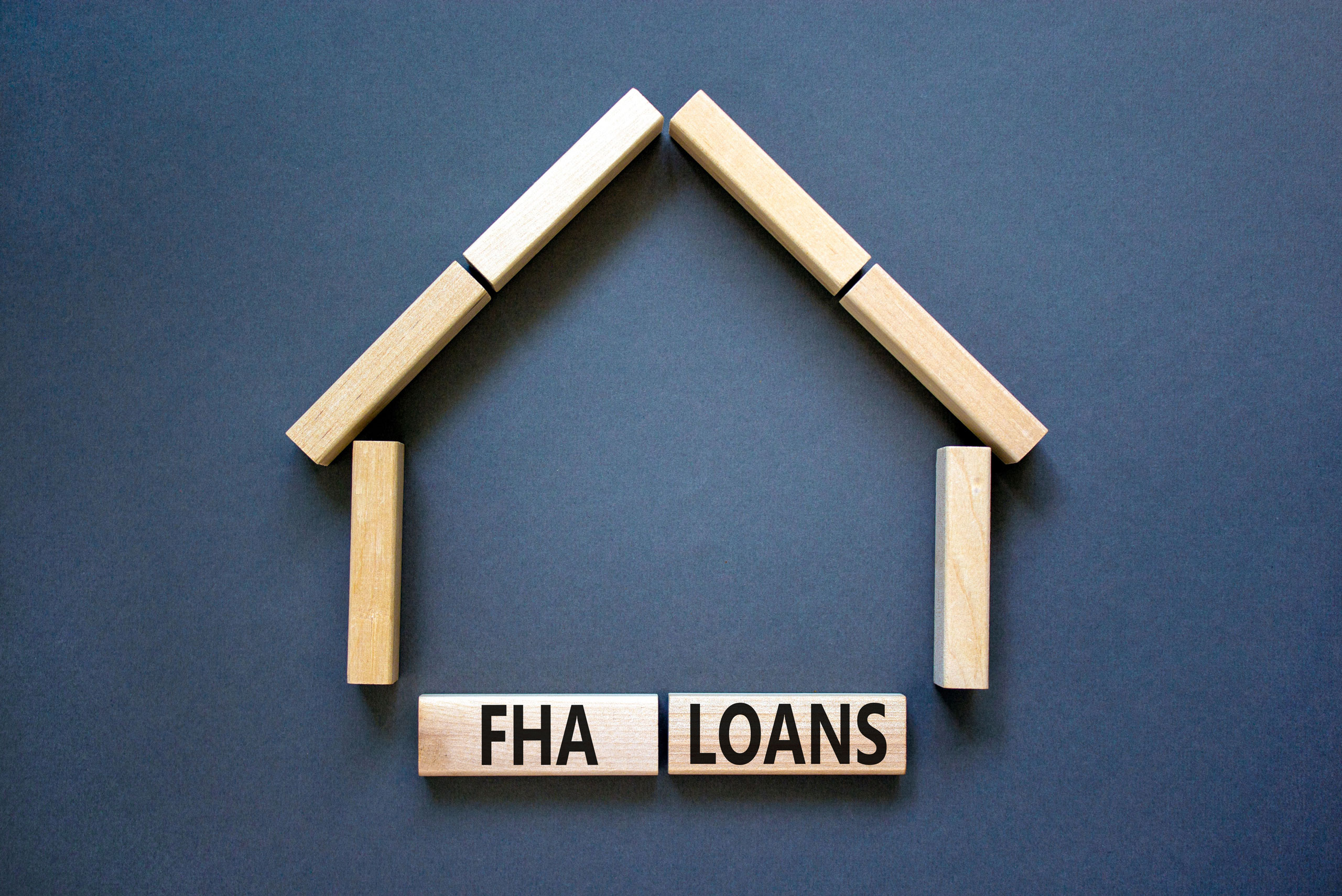The Ultimate Resource on Home Loans: An In-Depth Appearance at Numerous Finance Programs and Their Benefits for Debtors
Navigating the landscape of home mortgage can be an overwhelming job, particularly with the myriad of choices available to prospective customers. Each financing program-- be it conventional, FHA, VA, or USDA-- uses distinctive advantages that accommodate differing financial conditions and homeownership goals. Comprehending these subtleties is crucial for making notified choices that align with one's economic future. As we discover these funding programs further, it becomes obvious that the appropriate selection may not be as simple as it appears, motivating much deeper factor to consider of what each option truly involves.
Understanding Conventional Car Loans
Traditional fundings represent a considerable part of the home funding market, attracting a large array of consumers due to their structured terms and competitive rates of interest. These finances are commonly not guaranteed or assured by the federal government, distinguishing them from government-backed lendings such as FHA or VA fundings. Instead, conventional fundings are provided by private lenders, which allows for greater versatility in problems and terms.
Typically, conventional fundings been available in two types: adhering and non-conforming. Adjusting finances adhere to the standards set by Fannie Mae and Freddie Mac, consisting of limitations on funding amounts, consumer credit rating, and debt-to-income proportions. Non-conforming finances, on the other hand, do not fulfill these requirements and may satisfy consumers with one-of-a-kind monetary circumstances.
Borrowers usually find that standard fundings offer eye-catching alternatives for down settlements, with some calling for as low as 3% down. Furthermore, those with solid credit history profiles might take advantage of lower rates of interest contrasted to other choices. Overall, conventional financings are a feasible selection for lots of buyers, using a mix of affordability and access in the affordable real estate market.
Checking Out FHA Financing Perks
A substantial variety of buyers transform to FHA finances as a result of their appealing benefits, particularly for those who might encounter challenges securing conventional financing. The Federal Real Estate Management (FHA) guarantees these finances, making them obtainable for borrowers with lower credit rating and smaller sized deposits. Typically, FHA car loans need a down repayment of just 3.5% for those with credit history of 580 or higher, significantly reducing the upfront cost of acquiring a home.
Additionally, FHA loans have flexible credentials standards that accommodate a wider series of financial situations. This includes allowances for higher debt-to-income proportions, making it possible for consumers with existing financial debts to obtain financing (FHA home loans). FHA car loans likewise permit the usage of present funds from household participants or organizations to cover down payment and closing costs, reducing the monetary problem on purchasers.

Benefits of VA Loans
VA loans offer numerous advantages for qualified professionals, active-duty solution participants, and particular participants of the National Guard and Reserves. Among one of the most substantial advantages is the lack of a down settlement demand, enabling debtors to finance 100% of the home's value. This attribute makes homeownership extra available for those who have served in the armed force.
In addition, VA loans do not call for exclusive home mortgage insurance (PMI), which can save customers substantial monthly costs compared to conventional loans. The rates of interest on VA financings are typically less than those of other car loan kinds, additionally boosting cost. Additionally, VA car loans come with flexible debt needs, making them an appealing option for people that may have less-than-perfect credit rating.
An additional secret advantage is the choice for veterans to acquire favorable loan terms, including the possibility of refinancing with the Streamline Refinance alternative, which can lower regular monthly settlements. VA finances offer a special feature of assumability, enabling future purchasers to take over the financing under the same terms, which can be a selling point when marketing the residential or commercial property - FHA home loans. Generally, VA loans provide important benefits that cater particularly to the requirements of army employees and their family members
Insights Into USDA Loans
Exploring the benefits of USDA lendings reveals a practical financing choice for property buyers Going Here in country and country areas. The United States Department of Agriculture (USDA) offers these lendings to promote homeownership, particularly targeting low to moderate-income households. One of the most considerable advantages is the no deposit requirement, making it easier for eligible buyers to acquire a home without the burden of a substantial initial investment.
USDA car loans likewise feature competitive rates of interest, which commonly lead to lower monthly settlements contrasted to traditional financing. Additionally, these loans do not call for personal home loan insurance coverage (PMI), further lowering the general expense of homeownership. Borrowers can fund not just the acquisition price but additionally shutting costs, making it an appealing alternative for those with minimal monetary resources.
Qualification for USDA lendings is determined by earnings limits, which differ by location and family dimension, making sure that assistance is guided to those that require it most. With versatile debt demands, USDA loans come to a wider array of applicants, promoting area growth and security in suv and rural locations. Overall, USDA finances represent a crucial tool for advertising equity in housing opportunities.
Contrasting Lending Programs

Standard loans are usually eye-catching as a result of their versatility and the possibility of staying clear of home mortgage insurance policy with a greater deposit. On the other hand, FHA fundings supply chances for debtors with lower credit history and smaller down payments, making them obtainable for newbie purchasers. VA financings attract attention for professionals and active-duty service participants, offering desirable terms such as no down settlement and affordable rate of interest rates.
USDA car loans particularly cater to country buyers, advertising cost effective housing in less populated locations with zero deposit options. Each program has certain eligibility requirements, consisting of income restrictions and residential property area limitations, which must be carefully examined.
Inevitably, conducting a complete contrast of lending programs involves examining rate of interest, car loan terms, and closing prices, along with personal financial scenarios. FHA home loans. This critical approach will empower customers to make educated choices that straighten with their long-term financial goals
Conclusion
To conclude, an understanding of different home mortgage programs is important for possible customers looking for to make educated choices. Each finance type, consisting of conventional, FHA, VA, directory and USDA, supplies distinct benefits tailored to details financial scenarios and needs. By examining the one-of-a-kind benefits of these alternatives, individuals can choose one of the most suitable finance that aligns with their homeownership objectives, ultimately assisting in a more easily accessible path to attaining homeownership and financial security.
These fundings are typically not insured or webpage assured by the federal government, distinguishing them from government-backed fundings such as FHA or VA financings. Adhering finances stick to the guidelines set by Fannie Mae and Freddie Mac, including limitations on financing amounts, customer debt scores, and debt-to-income ratios.Interest rates on FHA finances often tend to be competitive, providing debtors with reduced monthly repayments contrasted to standard car loans.In addition, VA loans do not require personal home mortgage insurance (PMI), which can save customers considerable regular monthly expenses contrasted to standard lendings. VA financings use a special attribute of assumability, allowing future buyers to take over the finance under the very same terms, which can be a marketing point when re-selling the building.